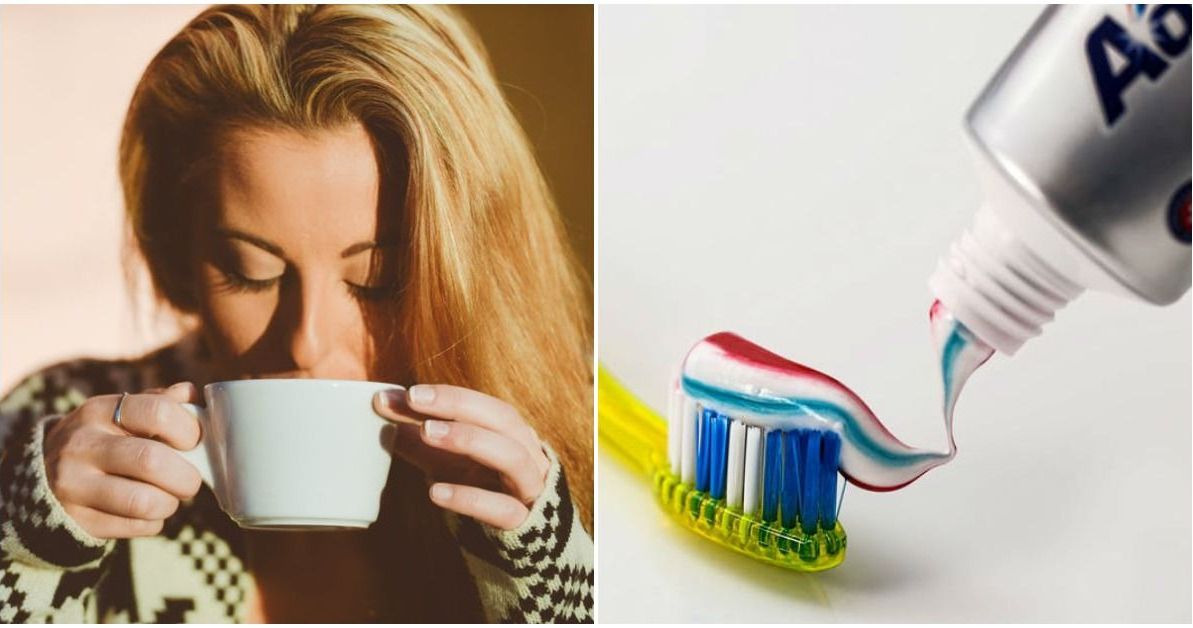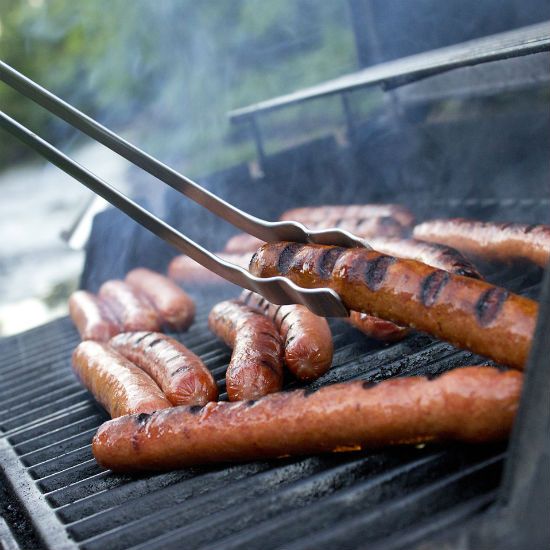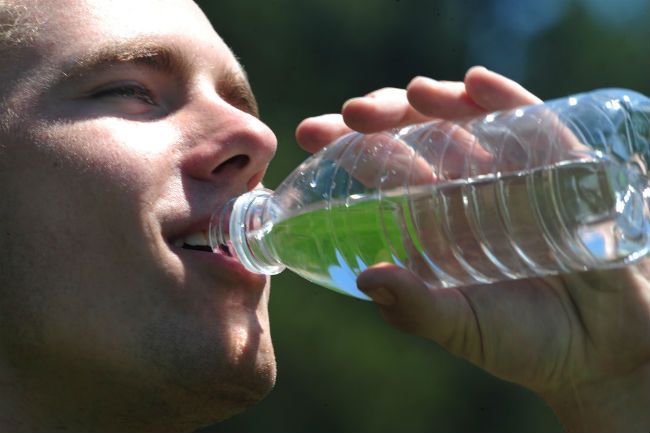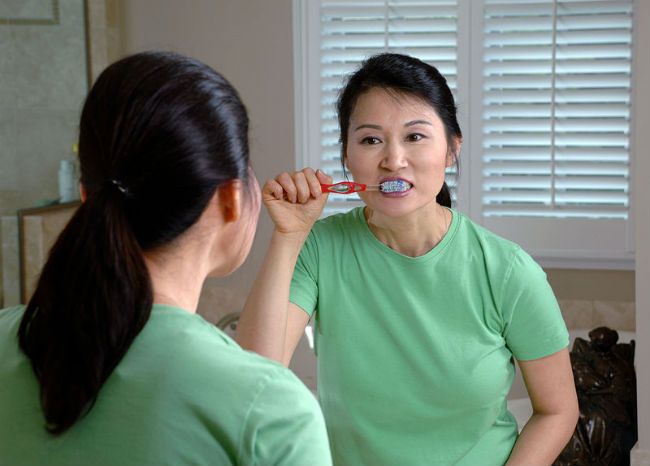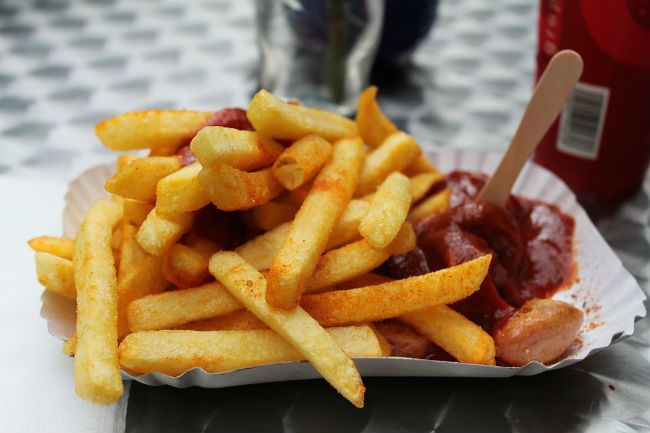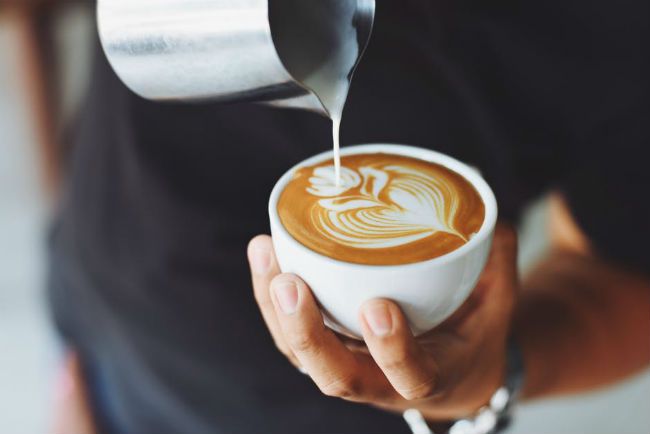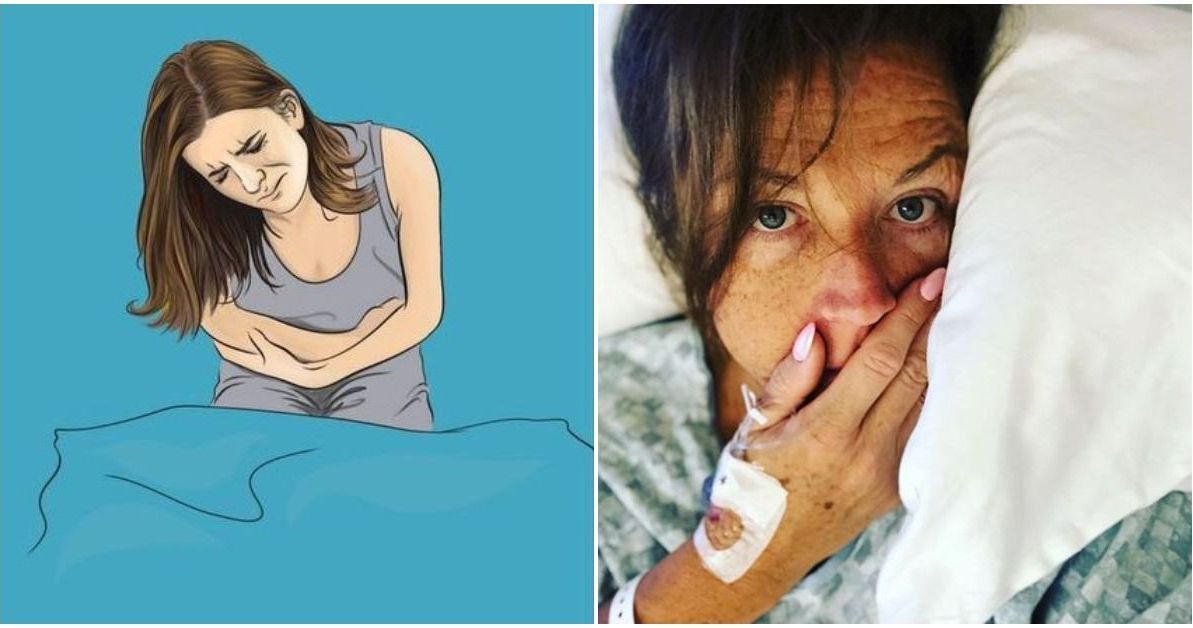We often think of cancer as a kind of unlucky cosmic lottery: either your number comes up, or it doesn't.
Another, more rational way to think about this disease is that fate (or really, your genetics) plays a big part in determining your cancer risk.
But everyday habits, your hobbies, and even lifestyle choices can also raise or lower your cancer risk.
If you want to hedge your bets, experts agree that cutting these 12 habits will improve your odds of staying healthy:
1. Eating Processed Meat
There are some foods that are only suspected of raising your cancer risk, but processed meats are strongly linked to cancer.
That includes foods like deli meat and hot dogs, which increase your risk of colorectal cancer, according to the World Health Organization.
In fact, processed foods of all kinds, from packaged sweets to soda, are known to increase your cancer risk.
You should also steer clear of red meat (which WHO calls "probably" carcinogenic) along with smoked, salted, and pickled foods, which are connected to stomach cancer.
2. Not Taking Your Vitamins
Your parents were onto something when they forced you to take your Flinstones gummies every morning.
Vitamins and nutrients do not protect your body from cancer, but they help keep your body running smoothly, which is the next best thing.
Most daily multivitamins are full of antioxidants that protect against cancer-causing free radicals.
Some also contain selenium, which has been shown to reduce your risk of certain kinds of cancer.
3. Drinking From A Plastic Bottle
Research is still underway, but many experts have already sounded the alarm about drinking from plastic bottles.
Studies suggest that BPA, an ingredient in the clear plastic coating bottles are made from, is carcinogenic.
Countries like Canada and members of the European Union have already taken steps to ban BPA from being used in baby bottles and food packaging.
Thankfully, it's easy to find a reusable BPA-free plastic, ceramic, or metal water bottle.
4. Sleeping With The TV On
Exposing your body to artificial light at night seems to increase your risk of developing breast and prostate cancer for a surprising reason.
That "blue" artificial light interferes with your body's hormone production. With less of the sleep hormone melatonin, your risk of developing cancer increases.
Working the night shift, or burning the midnight oil on your laptop, seems to have the same effect.
This connection between artificial light, hormones, and cancer is still being researched, But you should use the sleep timer on your TV just in case.
5. Skipping Sunscreen
As more and more cases of skin cancer linked to tanning beds are reported, people are wising up to the risks these machines pose.
But regular sunlight is just as dangerous - if you don't take precautions.
No matter the season, if you're spending hours in the sun it's important to wear sunscreen.
Make sure the brand you pick offers at least 15 SPF protection, and take extra care to shield your skin during midday.
6. Sitting On The Couch
While you can be healthy at any weight, a lack of physical inactivity - or the act of sitting on the couch watching TV all night - is considered a risk factor for 13 different kinds of cancer.
Doctors recommend exercising for at least 30 minutes a day, five days a week.
If you can't manage that, at least try to break up long periods of sitting.
Get up and move during the commercials, do some cleaning, or anything else that will get you on your feet.
7. Ignoring Your Teeth
Gum disease is not just bad for your gums. It turns out that losing track of your dental hygiene takes a serious toll on the rest of your body.
Patients with gum disease have a 24% higher chance of developing lung or colorectal cancer.
You can chalk some of this up to smoking - which is also linked to gum disease - but it seems anyone with bad dental health shares the increased cancer risk.
In case you need a reminder: brush your teeth after every meal, floss daily, and schedule regular checkups with your dentist.
8. Drinking Too Much
Yes, we all know that a glass of red wine (or two) is good for your health. These drinks help ward off Alzheimer's disease and other conditions.
But habitual drinking increases your risk of throat, esophagus, liver, and breast cancer.
The effects increase the more you drink, but new research shows that no amount of alcohol may actually be good for you.
If you enjoy a drink, doctors say to use moderation - that means up to one glass a day for women and two for men.
9. Smoking Tobacco Or Vaping
Tobacco use is still the leading cause of cancer, and also linked to the most cases of death from cancer.
Even if you don't smoke, sharing a home with someone who does is just as bad for your health.
Even chewing tobacco, or snuff, is known to cause mouth, esophagus, and pancreatic cancer.
While electronic cigarettes, or "vape" rigs, are new, there are already warning signs that vaping increases a person's cancer risk.
10. Eating Junk Food
Aside from avoiding the foods known to cause cancer, there are other good reasons to eat healthy.
Proper nutrition keeps your body working well, which is your best defense against all kinds of cancer.
Start by adding antioxidant-rich foods like broccoli, dark leafy greens, berries, and nuts to your diet.
Avoiding packaged and processed food as much as possible is also a good habit.
11. Eating White Bread
White bread, along with other processed grains, just do not measure up to whole wheat or multigrain foods.
The American Institute for Cancer says that whole grain foods, including bread, contain compounds like fiber and lignans that help lower your cancer risk.
So choose brown bread and wraps, multigrain cereal, and brown rice as often as you can.
12. Drinking Coffee
The debate about whether coffee is good or bad for you, in the final analysis, will probably rage on forever.
What we can say for sure is that some studies have linked coffee to an elevated cancer risk, mainly because of byproducts from roasted coffee beans.
Drinking green tea, on the other hand, has been linked with a decreased risk of esophageal, pancreatic, colon, and rectal cancer.
Giving up coffee doesn't need to be your first cancer-fighting method, but switching to green tea once in a while is not a bad idea.
[H/T: Harvard School of Medicine, Best Life, Reader's Digest, Cancer.gov]
